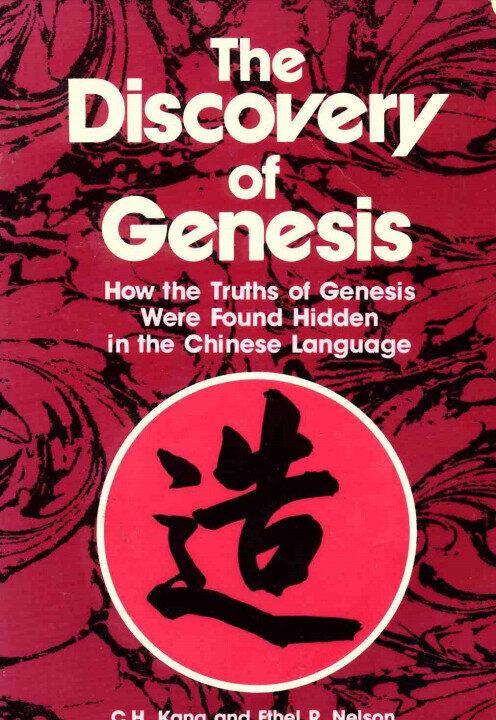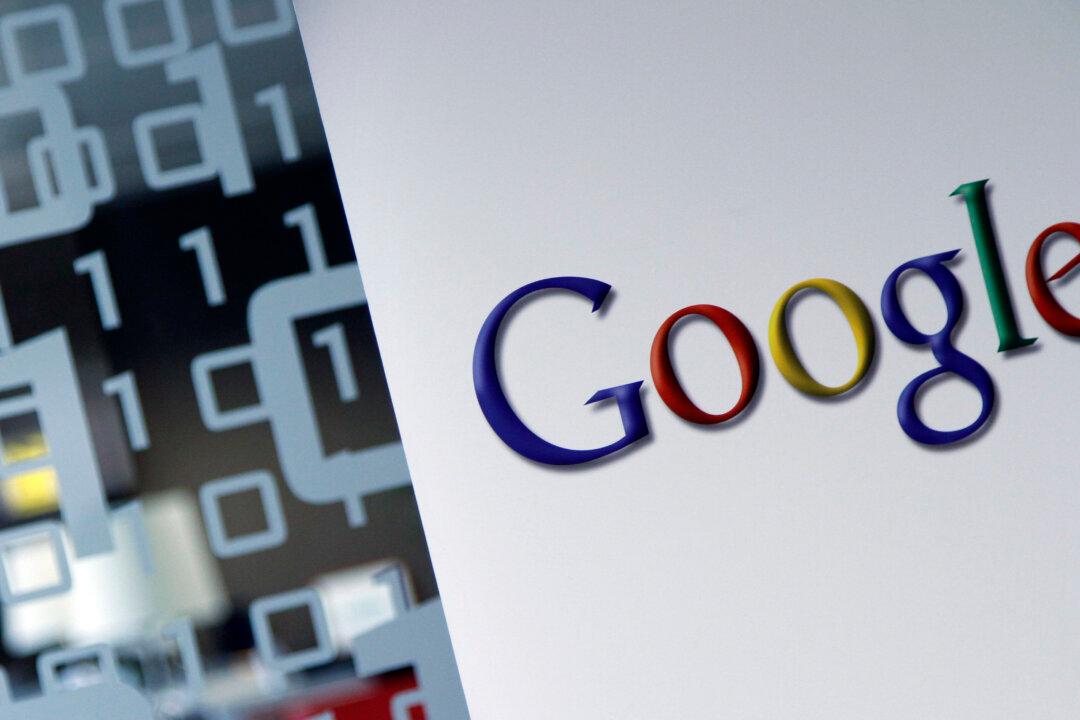NEW YORK—Jerry Yang’s agreement to step down from his post as CEO of Yahoo! Inc. seems to have brought relief to investors in the Internet portal that seems to be on its way down. Yahoo’s stock price immediately went up by 17 percent after the announcement.
Yang’s exit was an unceremonious one for a man who co-founded Yahoo, but it was also a much-awaited one for investors in the company. The much-derided Yang had to bite the bullet after he oversaw the collapse of Yahoo’s market capitalization and drop in Yahoo’s stock value, which slid below $10 for the first time in 5-1/2 years, down from its February high of over $30.
Yang is also blamed for refusing Microsoft’s $33-per-share offer earlier this year, a move that many believe would have saved the company from the dire straits that it now finds itself in.
Had Microsoft been successful in taking over the company, the combined partnership would have created an Internet giant with a remote chance of taking on Google, which now completely dominates the Internet search market and has far eclipsed its nearest competitors. It would have given Microsoft its best chance of taking on Google in the web space, a domain it has long wished to dominate as it does the desktop operating system and applications market.
The collapse of the merger talks led to corporate raider Carl Icahn almost launching a hostile bid through a proxy fight for Yahoo in June this year. He cooled his efforts only after Yahoo’s board agreed to put three of his picks on their board in July.
Icahn is believed to have played a role in forcing Yang to give up his seat.
Yahoo said that it had retained Heidrick & Struggles, an executive search firm, to help with the search for a new CEO. Yahoo President Susan Decker is a candidate for the job, as is Jonathan Miller, the former chairman of AOL.
Once a Giant, Now Struggling
Yahoo was once a market leader in the web portal industry, but now finds itself struggling. Even though its combined online properties make it the world’s most visited portal, the company has been suffering as it has failed to convert the viewership into revenue. In October, it announced that it would layoff 1,500 employees.
A deal planned to tie-up with Google to deliver Google advertisement on its sites to prop up revenue fell through after the Federal Communication Commission launched an investigation into whether the deal was anti-competitive. Google then walked away from the deal.
Yahoo faced criticism in recent years for more than just for poor management. Human rights organizations have catalogued at least three instances where the online giant has willingly provided data to the Chinese Communist Party about dissidents and investigative reporters who have used Yahoo websites.
In late 2007, Yahoo was forced to settle with the family of Shi Tao, a prominent dissident that it had helped imprison. But that happened only after Yahoo CEO Jerry Yang and executive vice president Michael Callahan got a verbal lashing in Congress by several lawmakers for kowtowing to the regime.



